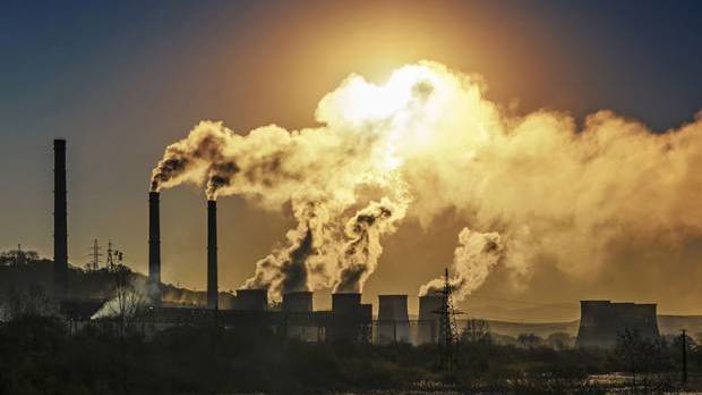Whatever your views on climate change, wherever on the spectrum you might be - from total denier to a Chicken Licken who thinks the world is going to end every time a Club Sport drives by - whatever your view, it doesn't really matter.
The world's governments believe that there is a moral and social imperative to reduce our greenhouse gas emissions and they are enacting legislation to ensure that comes about.
New Zealand is the fifth country to pass laws to curtail carbon emissions - the others are Sweden, France, the UK and Scotland - and two countries have already declared themselves to be carbon negative - Suriname and Bhutan. Chile and Fiji have proposed legislation similar to New Zealand - that they will reach net-zero emissions by 2050. And on it goes.
So let's not spend the morning railing against the deficiencies in the science or the fact that there were heat waves in Albion 220 BC - the decision makers and the law makers are going to reduce greenhouse gas emissions and the legislation will affect us all.
The PM has called the Climate Change Commission's blueprint for New Zealand to be carbon neutral by 2050 "achievable and affordable".
Although ,as the Climate Change Commission points out, the cost of the transition from fossil fuels to renewable will not be paid by all of us equally.
The commission has recommended subsidies for those industries most affected and least able to afford the change required and there will also be carrots in the form of rewards and incentives to take up alternatives.
The commission has recommended that NZ ban fossil fuelled vehicle imports by 2032. The price of petrol will go up. Our animal herds need to be drastically reduced. We all need to drive EVs and plant more trees.
It's pretty much what we've heard before and what greenies has been lobbying for for years. The good news, according to the commission, is that the "transformational and lasting" change needed could be made right now with existing technology - and at relatively little cost to the economy.
Its analysis found that meeting the emissions budgets it proposed out to 2035 were likely to be less than one per cent of GDP - much lower than what was estimated when new 2050 targets were set.
And that although jobs would be lost particularly in the coal mining and oil and gas industries, the commission found many workers in those energy industries most affected by the transformation had important skills that would prove valuable in others.
"We expect employment will rise in the circular economy, development of biofuels and hydrogen, and in deploying and supporting new technologies."
Farmers are nothing if not pragmatists. They've already started to make the changes before other industries.
As I said, it's utterly pointless wasting hot air ranting and railing against the legislation. It is coming. Even National sort of supports it.
It is only a draft report, you can put your submissions in, but you might as well be talking to your bum if you think it'll make any changes. This government has already said it is dedicated to going down this part. It's something many of them politically believe in and personally subscribe to.
There's nothing really new in what the commission has suggested. It's just put it in a draft report and has given us a blueprint for what the transition will look like over the next 20 odd years, and we're either on board, or we're left behind.
Take your Radio, Podcasts and Music with you










